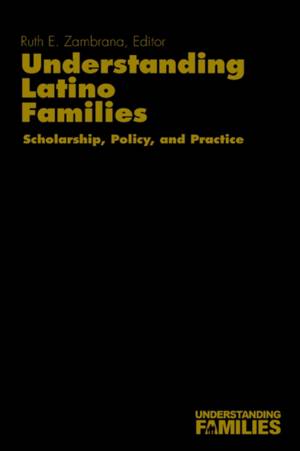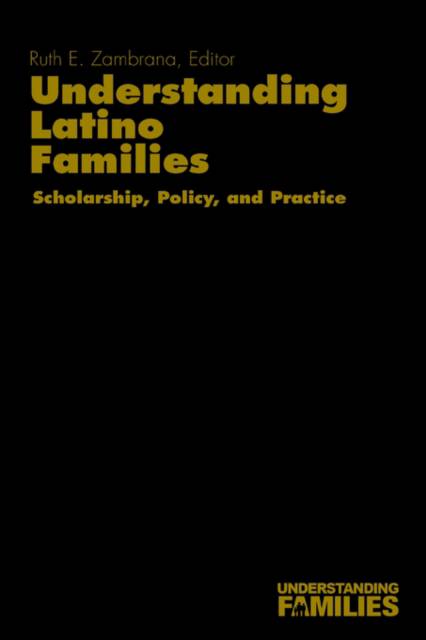
- Afhalen na 1 uur in een winkel met voorraad
- Gratis thuislevering in België vanaf € 30
- Ruim aanbod met 7 miljoen producten
- Afhalen na 1 uur in een winkel met voorraad
- Gratis thuislevering in België vanaf € 30
- Ruim aanbod met 7 miljoen producten
Zoeken
Omschrijving
A fresh approach to the study of Latino families is offered in this volume which focuses on the strengths of Latino//Hispanic groups, the structural processes that impede their progress and the cultural and familial processes that enhance their intergenerational adaptation and resilience. The contributors present social and demographic profiles of Latino groups in the United States, empirical and conceptual reviews of Latino family approaches, and practice and policy implications from studies of Latino social programmes.
Specificaties
Betrokkenen
- Auteur(s):
- Uitgeverij:
Inhoud
- Aantal bladzijden:
- 256
- Taal:
- Engels
- Reeks:
- Reeksnummer:
- nr. 2
Eigenschappen
- Productcode (EAN):
- 9780803956094
- Verschijningsdatum:
- 5/06/1995
- Uitvoering:
- Hardcover
- Formaat:
- Genaaid
- Afmetingen:
- 157 mm x 241 mm
- Gewicht:
- 521 g

Alleen bij Standaard Boekhandel
+ 601 punten op je klantenkaart van Standaard Boekhandel
Beoordelingen
We publiceren alleen reviews die voldoen aan de voorwaarden voor reviews. Bekijk onze voorwaarden voor reviews.











